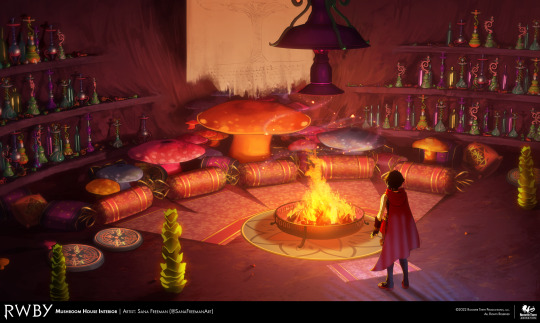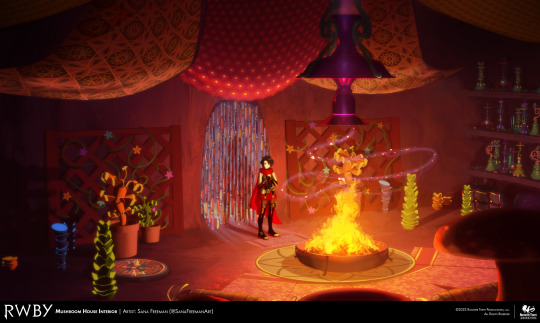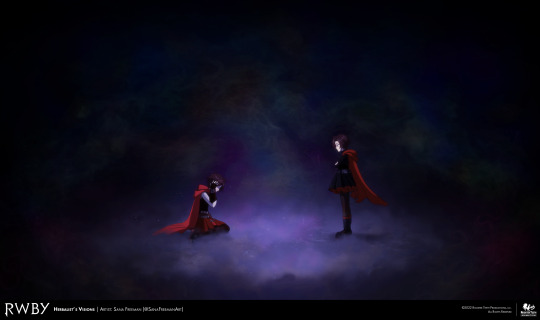Text






Certain words can change your brain forever and ever so you do have to be very careful about it.
388K notes
·
View notes
Photo

hey how about you mind your own fucking business Google Rewards
32K notes
·
View notes
Text
27K notes
·
View notes
Text
it fucking sucks how you can do all the therapy and self healing in the world and you still have to wake up living under a capitalist death cult that's killed community and crushes your soul
135K notes
·
View notes
Text
I got the Top 4.47% on this English Vocabulary test
152K notes
·
View notes
Photo




Concepts for the Herbalist’s House in RWBY Volume 9
[ portfolio ][ deviantart ][ twitter ][ artstation ]
576 notes
·
View notes
Text
The thing with amateur local theater is it is almost always bad BUT keeping it alive is the most important thing
92K notes
·
View notes
Text
redemption arcs are kinda cringe if you think about it. oh youre powerful and evil and now… want to be a bummer and sad about it? lol what are you catholic
89K notes
·
View notes
Text

"There is amber in the embers"
The Volstrucker trio.
The sketch has been sitting in my procreate pile since September. Today I got the inspiration and painted for 4 straight hours (really tired now).
Let me know what you think!
PLEASE DO NOT EDIT/CROP/REPOST ANYWHERE WITHOUT PERMISSION
2K notes
·
View notes
Note
Hi!
I’m currently struggling to go to sleep the night before a big solo performance for a school event, so I figured I’d ask one of my favorite authors a couple things I’ve been wondering about. (Does flattery still work on people?)
So, I believe I remember you saying something along the lines of “people ask me why I write about weird sex magic. It’s because I read Greek mythology, and it has a lot of weird sex magic.” And I’m paraphrasing that horribly, but I was wondering, what things *have* you drawn inspiration from? I’m in love with the way magic is portrayed in both the Dreamblood books and the Broken Earth trilogy (I’ve yet to read the inheritance series), and I was wondering what inspiration you had? They feel kind of different to me—dreamseed and it’s counterparts seem really rooted in the four humors and the way some older mythos have a big fuss around the seed of gods and all that fun stuff, but the magic in Broken Earth feels a lot more . . . introspective, I guess? It seems like you’ve written it to be much more focused on the individual’s own perception of it, and that influences what they can do/how they do things. And I don’t really think I’ve seen anything that leans into that angle, as far as mythos goes. (Though I really, really cannot claim to be knowledgeable in that.)
And for the second thing: do you have any tips to becoming a good reader? I can read *fast*, but I really feel like I don’t get more than just the surface and shallow ideas about the message/themes the author might intend. It always seems like people are able to come up with very introspective, in depth dissections of their favorite characters and books, and I can’t help but look at those sometimes, and go, “wow, what was *I* reading?” I guess that it might be a learned skill, but I don’t really know where to start. I guess I also wanted to ask about what themes and such you wanted to incorporate into the Broken Earth trilogy (that was my introduction to you, then Dreamblood, then the Great Cities), but that’s really just a secondary thing to this question.
Well, regardless of whether or not you answer, I just wanted to ask so I could stop thinking about it constantly. I can’t wait to jump into the Inheritance Trilogy next time I buy books.
Flattery doesn't work on me, but I do love to talk shop, so... 😄 Cutting for length:
To your first question, about the different ways I depict magic -- first, it's not just Greek mythology that I use. There are soooo many cosmologies and cosmogonies out there that show gods as rowdy, horny, petty, and basically human, just with weird magic powers on top of that. The Dreamblood books are specifically informed by ancient Egyptian mythology and culture. I did some research into ancient Egyptian medical texts -- in particular the Edwin Smith Papyrus -- so I drew from those to create Gujaareh's four dream humors. I wanted Gujaareh to feel like an ancient Egypt that might have developed if magic actually worked... and if its own version of Imhotep had been a manipulative megalomaniac who decided to start a magic-controlled theocracy. tl,dr; Ancient Egyptians had a thing for humors and surgery and gods that were into sex lettuce, so that's what I claimed for Gujaareh.
With the Inheritance Trilogy I ranged more widely in what I mooched from existing cosmologies, because I wanted to build a belief system that resembled real-world stuff but wasn't just our world's gods in costume. For example, I noticed that lots of systems suggested that existence or human genesis begins with gods banging or fighting (or both), so I came up with a creation myth chock full of gods banging and fighting. Familiar hanger, new clothes on it.
But the Broken Earth books aren't about gods. There's a mythic frame "explaining" the Seasons and past disasters and Father Earth and so on, but that wasn't the focus. I was more interested in the ways we apply myths to people, treating some marginalized groups as simultaneously superhuman and subhuman... but never simply human. Same for the Great Cities books. It's meaningful that other cultures have discovered the existence of city avatars and worked them into their cosmologies, but only as a bit of detail to make the world more complete. Again, the mythology isn't the focus there.
I can't help you on becoming a good reader, sadly, because I am a very bad reader these days. I have a lot of trouble shutting off my "inner editor voice," which is a thing that I've heard a lot of other pro authors (and editors, and reviewers) mention. People in my business spend years developing the ability to spot problems in writing... and the inner editor is what happens when you stop being able to shut that ability off. The typos, the clichés, the patches of language that could've been trimmed out, all of it just starts to glare. The thing is, all books have issues like this, and most of the time they're not even errors, just... pecadilloes. The little things that are part of reading work made by human beings. They mean the writer was tired and didn't proofread as closely as they should, or maybe the writer was waffling on word use and inadvertently ended up using one a little too much, or maybe they were having a fight with their copyeditor about spelling and missed a grammar flub. Just part of reading. But if you, like me, have an inflamed inner editor, then instead of taking in the whole picture of whatever the author is trying to show you, you get nitpicky. You get irrationally angry at typos. You hyperfocus on the author's tendency to use one word too much. (A writer friend told me I use too many "plinths," for example.) You spend time thinking about structural issues and not noticing the language, or vice versa.
But since I'm currently in self-imposed reading rehab, maybe this will help you: For me, it helps to move away from what's familiar. I read a lot of stuff outside the SFF genre, because it's easier to shut off my inner editor when I'm less familiar with the tropes, the styles, the concepts. I've also really gotten into audiobooks, for example, because when I can't see the text I can't critique it, or at least not as instantly. So that's all I can suggest. If you've developed the habit of gulping down books, find a way to throttle the flow, so to speak. Try playing audiobooks on half speed, to train yourself to patience. Read outside your comfort zone, which will force you to slow down and take things in because of the unfamiliarity. Maybe try ebooks with the text blown up a lot, so that you have to turn the page more often; I don't know, just spitballing now. Maybe folks will have better suggestions in the comments. Hope it helps!
128 notes
·
View notes
Photo



Discarded drawings for a job I did where I had to show generalized style differences between different genres/demographics.
My Art Tips collection is currently live on Kickstarter.
Patreon
8K notes
·
View notes





